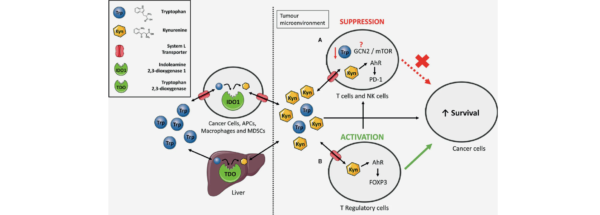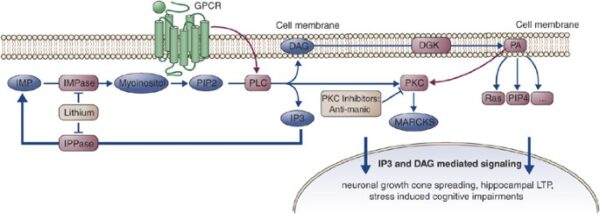MCL1 (Myeloid cell leukemia 1) is a protein that belongs to the Bcl-2 family, which plays a crucial role in regulating programmed cell death, or apoptosis. MCL1 has gained significant attention as a potential therapeutic target due to its overexpression in various cancers, making it an attractive candidate for small molecule drug design. The development of MCL1 targeted libraries has now provided researchers with a powerful tool to discover and optimize small molecule inhibitors that selectively target MCL1, paving the way for novel cancer therapies.
Understanding the Importance of MCL1 in Cancer
The dysregulation of programmed cell death, particularly the evasion of apoptosis, is a hallmark of cancer. In many cancer types, including solid tumors and hematological malignancies, the overexpression of anti-apoptotic proteins like MCL1 promotes cell survival and resistance to chemotherapy and targeted therapies.
MCL1 is a particularly important protein in cancer progression and resistance due to its unique properties. It is involved in regulating the stability and turnover of pro-apoptotic proteins and possesses a flexible binding pocket that can interact with a diverse range of ligands. This versatility makes MCL1 an attractive target for small molecule drug design.
MCL1 Targeted Libraries: A Valuable Resource for Drug Discovery
MCL1 targeted libraries are collections of small molecules and compounds specifically designed to interact with the MCL1 protein and modulate its function. These libraries are created using various drug discovery techniques, including virtual screening, high-throughput screening, and structure-based design.
Virtual screening involves using computational models and databases of small molecules to predict potential binding interactions with MCL1. High-throughput screening allows for the rapid testing of thousands of compounds to identify molecules that bind to MCL1 and inhibit its function. Structure-based design leverages the three-dimensional structure of MCL1 to guide the development of small molecules with optimal binding affinity and selectivity.
Advantages of MCL1 Targeted Libraries in Small Molecule Drug Design
MCL1 targeted libraries offer several advantages in the quest for developing small molecule inhibitors:
Selectivity: MCL1 targeted libraries enable researchers to identify compounds that selectively bind to MCL1, minimizing interactions with other proteins and reducing side effects.
Binding Pocket Exploration: The flexibility of the MCL1 binding pocket allows for the exploration of various chemical scaffolds and functional groups, increasing the chances of finding potent and selective small molecules.
Combinatorial Approaches: MCL1 targeted libraries can be combined with libraries targeting other proteins or signaling pathways to develop combination therapies that enhance treatment efficacy and overcome drug resistance.
Leverage Structure-Activity Relationships (SARs): By using MCL1 targeted libraries, researchers can generate SARs, which provide valuable insights into the relationship between the chemical structure of compounds and their activity against MCL1. This knowledge can guide the optimization of lead compounds to develop more potent inhibitors.
The Future of MCL1 Targeted Libraries in Small Molecule Drug Design
The development of MCL1 targeted libraries has provided a powerful tool for researchers in the pursuit of novel cancer therapies. As our understanding of MCL1 biology deepens and new structural information becomes available, the design and optimization of small molecules targeting this protein will continue to evolve.
Ongoing efforts focus on improving the selectivity, potency, and pharmacokinetic properties of MCL1 inhibitors. Additionally, combination therapies that target MCL1 along with other proteins involved in apoptosis and cancer cell survival are being explored to enhance treatment responses and overcome resistance mechanisms.
In conclusion, MCL1 targeted libraries offer significant potential in the field of small molecule drug design for cancer therapy. By specifically targeting MCL1, these libraries facilitate the discovery and optimization of potent and selective inhibitors, bringing us closer to developing more effective treatments for cancers driven by dysregulated apoptosis.




